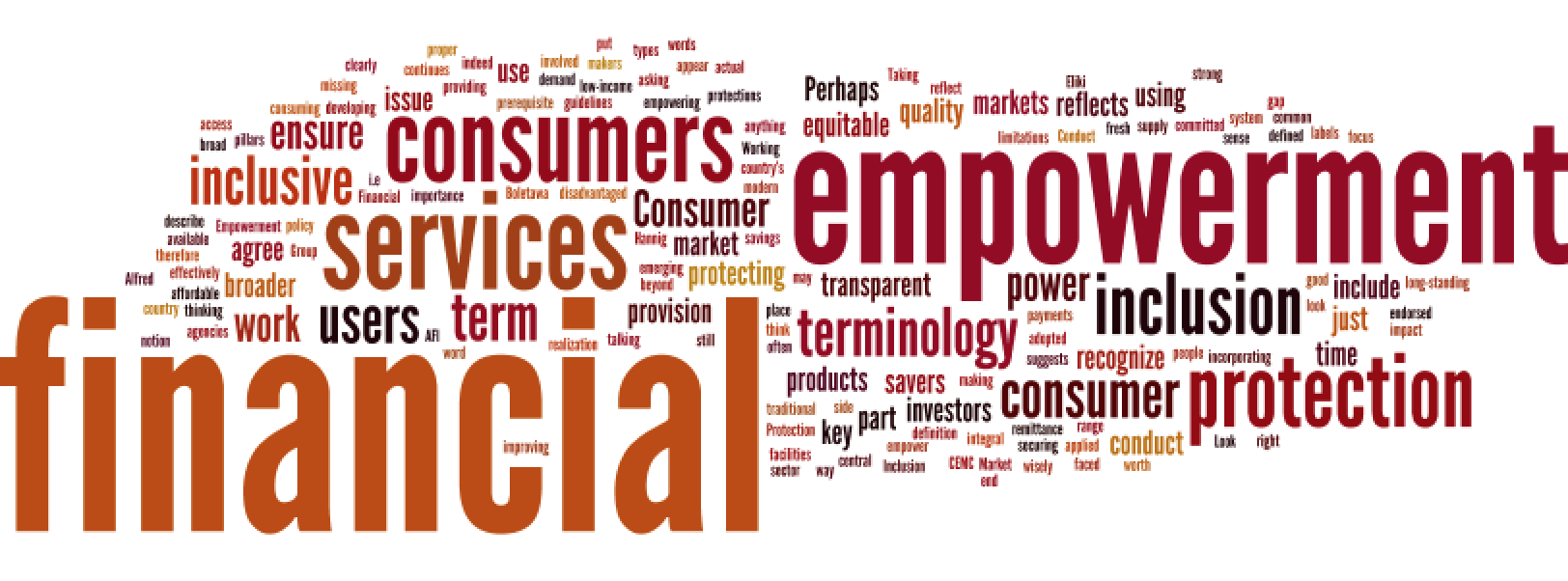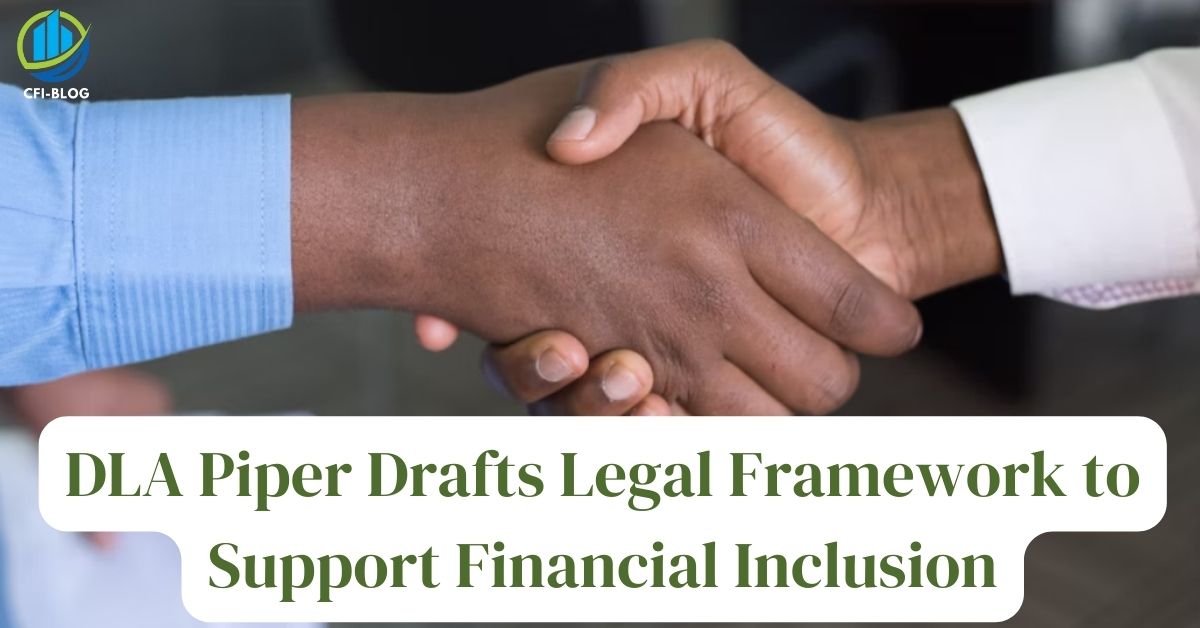It is common knowledge that a country needs to expand its economy for worldwide financial reverence and influence. It must be financially inclusive. Since the industrial revolution, the world economy has seen unprecedented wealth generation. With methods of mass production and technological advancements, we have managed to generate jobs, improve our living standards, revolutionize medical science, produce ample food, and eliminate premature death and starvation.
With the invention of vaccines, we have found preventive measures for dangerous pathogenic microbes and substances. Further, our most significant advancement has been a great amount of poverty eradication, which has only been possible with financial inclusion, at all levels. The economy has been organically democratized with the onset of the internet era, bringing in unimaginable amounts of information and entertainment, as well as new methods of trade and banking.
It provides the basic infrastructure to reach customers, access bank accounts, and start investing in different portfolios, all of which used to belong to the privileged. Imbued with this purpose, DLA drafted a legal financial inclusion support framework in 2015, that can serve as a helpful tool for financial inclusion. The framework is called MLF. This framework allows financial regulators to review their previous regulations and adapt accordingly.
About DLA Piper

Before learning about the framework, let’s know what DLA Piper is. It is an MNC law firm specializing in financial law and providing consultation regarding corporate governance, to bureaucrats and government civil servants. It was formed in 2004 and has undergone multiple mergers, to become one of the highest-grossing law firms in US history. DLA Piper’s expertise includes banking, arbitration, private equity, real estate, and much more.
According to its official website, DLA Piper promises its customers a consultation guided by the knowledge of global financial markets and trends. They work with financial regulators and government or private industry leaders to gauge the changes and paradigm shifts in the business and financial world. Financial sectors are unpredictable, with markets fluctuating and consumer behavior changing. Also, changes in the laws and regulations and government intervention can pose significant risks or open up opportunities in the industrial market.
How Do They Function?
As one of the most well-known law firms in the country, DLA functions at a huge scale and offers essential data-driven and logical consultation. Here are a few of its features:
- They partner with financial firms and regulators in Europe and the Asia Pacific to get data and keep their customers well-informed.
- DLA Piper’s team keeps track of the shifts in the market due to regulatory bodies imposing new laws or changing the old ones. They also keep track of the laws which have been removed.
- They help accelerate financial inclusion with new data. They track regulatory changes in the wholesale market, environment, and social governance.
- DLA Piper facilitates consumer access to solutions for regulatory obstacles in different markets and gauges the sustainability of your investment.
- They offer compliance for anti-money laundering measures. Moreover, the restructuring advice given to the corporate heads, helps them govern and manage their organizations with impeccable honesty and transparency.
Experience
- DLA has a reputation for being involved in the advisory board of Project Pyctor for ING bank. Project Pyctor was an international collaboration of different financial institutions to get the project and safeguard digital assets in their custody. The project was founded in Amsterdam.
- The law firm has experience in assisting the UK Financial Conduct Authority in guiding through the rugged terrain of cryptocurrency. DLA Piper helps in implementing regulations and promoting competition.
- DLA is responsible for the market validation of a cryptocurrency by giving them appropriate legal treatment with the big banks. They were responsible for the corporate restructuring.
- LPAC has sought advice from DLA Piper about consolidating the funds of The Abraaj Group. The project has been shifted into other capable hands since then.
- DLA Piper had represented on behalf of the executive board of one of the largest banks in Australia embroiled in an investigation by ASIC or Australian Security and Investment Commission.
- DLA had advised a multinational insurance brokerage company specializing in investment risk management. It also involved outsourcing programs across the UK and also EU.
- DLA Piper negotiated a trade deal and a buyout deal between the Leumi Bank Israel. First Bank bought out the bank. DLA Piper also contributed to its corporate restructuring and made them aware of all relevant legalities of this buyout.
- When access to finance is a life or death matter, DLA Piper is also responsible for safeguarding multiple digital assets.
- The law is responsible for arranging the expansion of a European to open branches under regulations across the continent.
- DLA Piper handles $10 billion worth of transactions and asset transfers by helping in the integration and negotiations of multiple banks and private equity firms.
MLF & Commentary for Financial Consumer Protection

Model Legal Framework and Commentary for Financial Consumer Protection is a joint project by Accion and New Perimeter, on behalf of Microfinance CEO Working Group, to promote international financial inclusion. The project was developed by the pro bono non-profit wing of the reputed law firm DLA Piper to integrate and expand the economy for developing nations to expand and participate in the larger global economy, expand their grown consumer base, and achieve financial equity over time.
The legal framework was developed to protect consumer protection and workers’ protection to prevent labor abuse. The project was carried on for 15 months when the legal framework was to be applied to all financial service providers. The financial inclusion support framework is based on 7 consumer protection principles.
Product Design
According to financial inclusion 2020, the service provider must satisfy the consumer with the appropriate product design that they seek. The product must have functionality, and perform the task it is meant to perform, well. The product must not inconvenience the consumer in any way.
Prevent Over-Indebtedness
The provider must ensure the product doesn’t cause over-indebtedness to the consumer. If the consumer has to take a loan to buy the product, the service provider or seller must advise the consumer in a manner that the credit line they are taking out doesn’t become a financial burden. The service provider must draw them towards a healthy credit plan and provide financial safety, instead of focusing on selfishness and greed.
Responsible pricing
The product or service must not be exorbitantly and unfairly priced. Overpriced means the product price logically surpasses its value. The cost of a service or product mustn’t be ten times its operational cost. The consumer mustn’t pay the extra price for the same service repeatedly.
Transparency
The provider must maintain transparency with the consumer. The product description must not be misleading or have falsehoods. The seller must provide guidance and a user manual for the service and product. The provider must maintain clarity about the product so that the consumer can make appropriate and informed decisions.
Fair Treatment of Consumers
The provider must not discriminate against consumers based on race, color, religion, ethnicity, gender, and gender identity. The provider must ensure an environment of respect and equality.
Data Privacy
During monetary transactions or product usage, the customer may have to divulge sensitive information about themselves. That includes anything, from bank details to personal tastes and preferences. The provider’s responsibility is to protect the privacy of that information.
Complaint Resolution
The provider must provide an avenue for voicing grievances and registering complaints. It is also the responsibility of the service provider to resolve the complaint so that customers can utilize your product well.
The Link between Consumer Protection and Financial Inclusion

There’s a strong linkage between consumer rights and financial inclusion. According to the World Bank, they have set a target for global financial access in 2020 to protect consumer rights and income inequality. According to global economists, financial inclusion is the foundation of economic growth and stability. Financial inclusion also propels economic growth and industrial production. But this financial inclusivity cannot happen without consumer spending.
Consumer spending is the driving force behind this growth, and consumers won’t if they believe they are not getting the service or product they are paying for. If consumer rights are not enforced, they will lose confidence.
Strategy
In 2015, the World Bank and International Monetary Fund (IMF) came together with their private and public partners, to set up a goal for themselves to financially include the world population by 2020. Financial inclusion includes access to bank accounts, electronic modes of transactions, asset building, and storage.
At the end of 2017, they provided access to 738 million people with bank accounts. The numbers are expected to reach over a billion people. The initiative concentrates on 25 countries where financial exclusivity is the highest. They also partner with developed nations to extend their infrastructure to underprivileged countries. The strategy involves:
- Enforcing regulations to promote inclusive financial education
- Expand the impact of mission-based lending
- Improve financial stability
- Focusing on endangered populations such as women of color and children in developing and underdeveloped countries.
- Financial diaries reveal about M-Pesa use can help inclusivity.
Frequently Asked Questions (FAQs)
Q1. Why do insurance companies support financial inclusion?
Financial inclusion propels economic growth and financial stability in communities and nations. Economic growth ensures a strong consumer market which benefits insurance companies.
Q2. Is there a linkage between consumer protection and meeting financial inclusion targets?
Consumer protection ensures consumer confidence in the market, which generates consumer spending. Consumer spending leads to increased productivity and job generation. Job generation, in turn, propels financial education.
Q3. But how helpful will the Model Law be?
MLF will help financial inclusion by allocating resources to the appropriate areas it needs most. This project ensures financial security from the ground up. It also empowers women and other socio-economically backward communities.
Q4. Why do we care about consumer protection in the financial sector?
Consumer protection enables access to financial resources that were left untapped previously. A reinforced consumer protection structure and framework prevent people with power from abusing them. This propels economic growth.
Conclusion
As a rapidly industrializing world, we truly need an ingenious and empathetic financial inclusivity framework, which is efficient and sustainable as well. Financial inclusion bolsters economic growth, increases consumer confidence, and empowers vulnerable societies. In such a scenario, MLF can be a practical framework for financial inclusion.
Thus, the MLF may serve as a useful resource/tool for fostering financial inclusion and safeguarding consumers in less developed economies and nations. As we’ve discussed above, the framework’s principles may help boost consumer trust in financial markets and encourage more ethical practices inside the financial sector.
Author Profile

- Jonas Taylor is a financial expert and experienced writer with a focus on finance news, accounting software, and related topics. He has a talent for explaining complex financial concepts in an accessible way and has published high-quality content in various publications. He is dedicated to delivering valuable information to readers, staying up-to-date with financial news and trends, and sharing his expertise with others.
Latest entries
 BlogOctober 30, 2023Exposing the Money Myth: Financing Real Estate Deals
BlogOctober 30, 2023Exposing the Money Myth: Financing Real Estate Deals BlogOctober 30, 2023Real Estate Success: Motivation
BlogOctober 30, 2023Real Estate Success: Motivation BlogOctober 28, 2023The Santa Claus Rally
BlogOctober 28, 2023The Santa Claus Rally BlogOctober 28, 2023Build Your Team – the Importance of Networking for Traders
BlogOctober 28, 2023Build Your Team – the Importance of Networking for Traders

